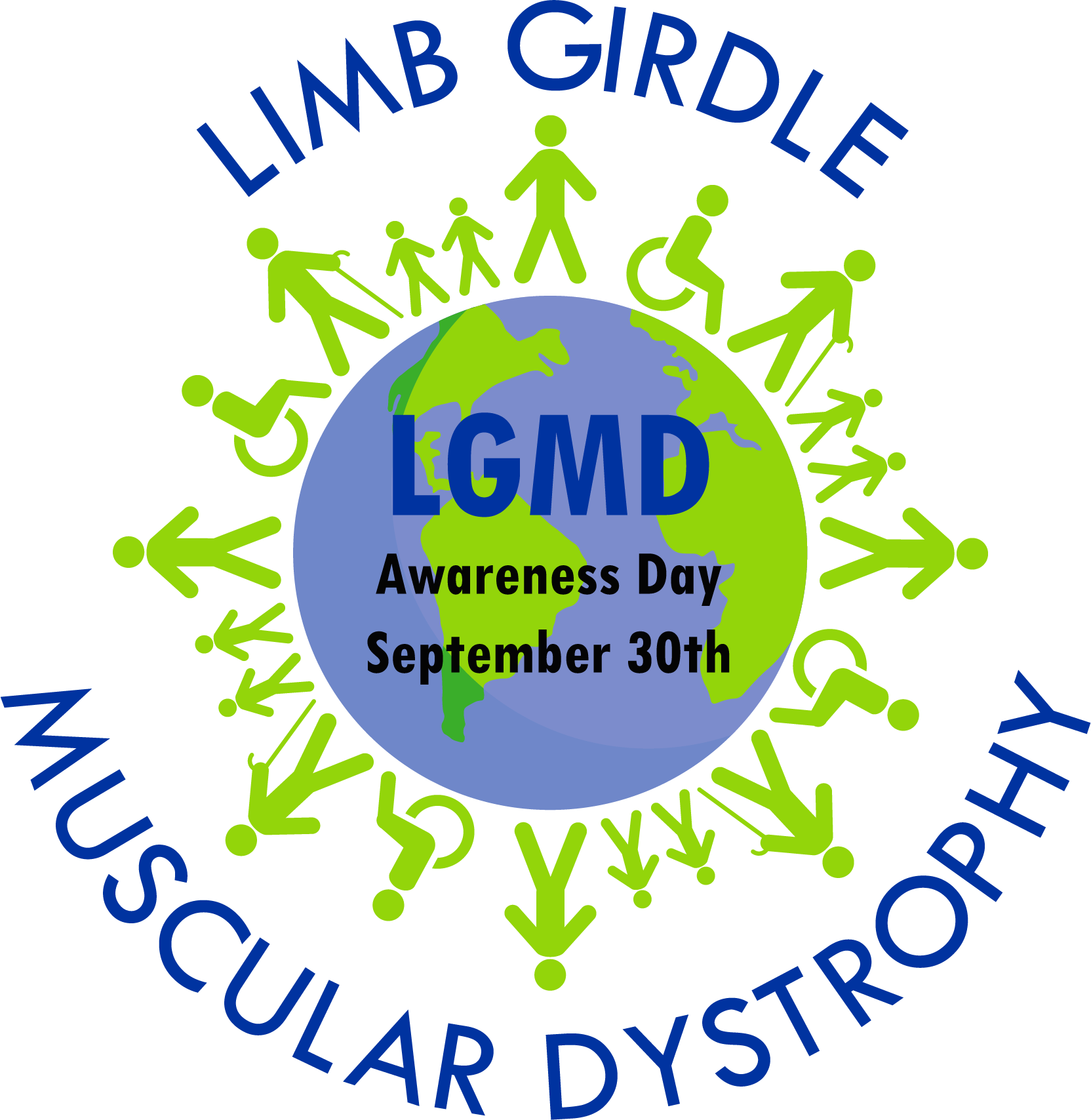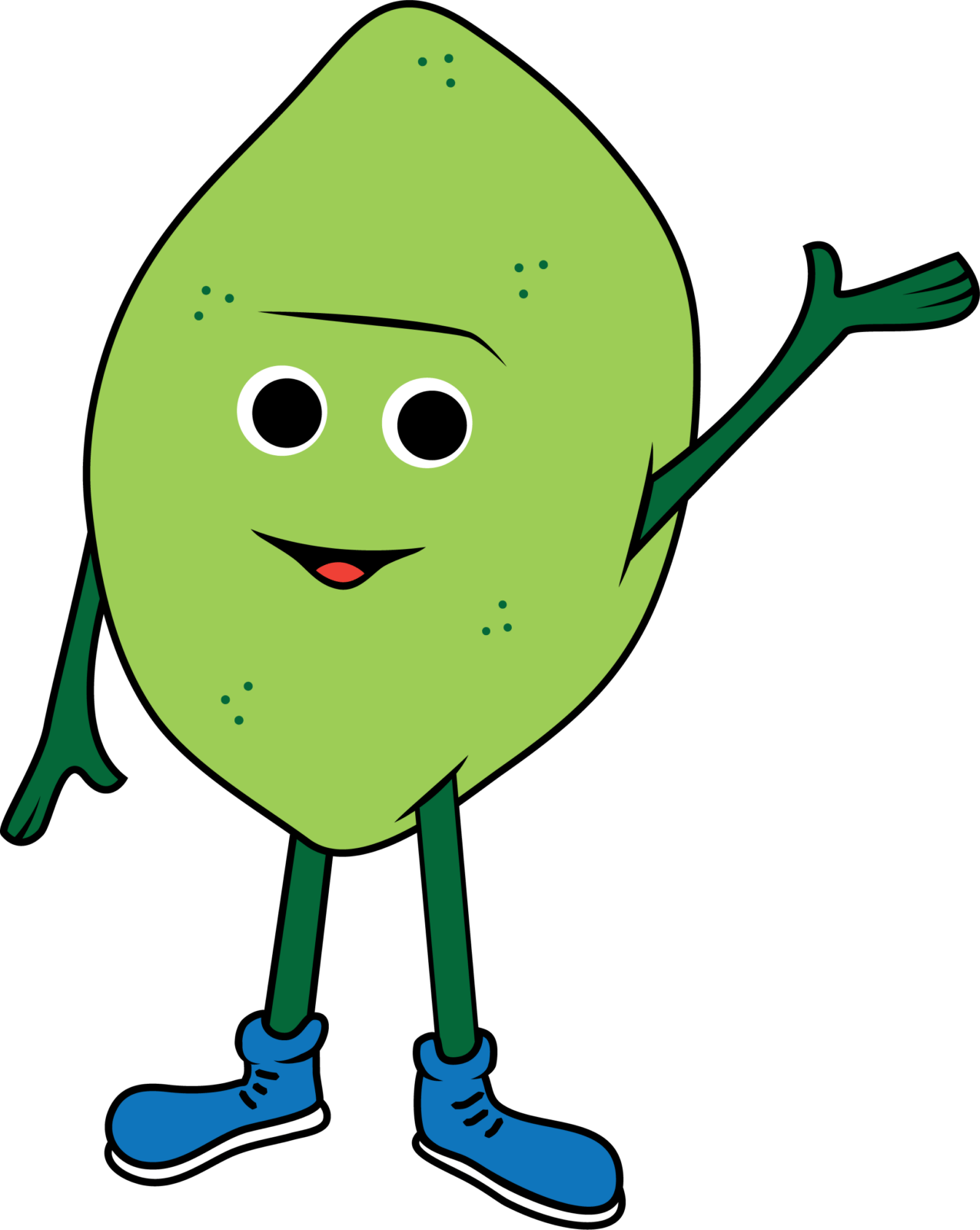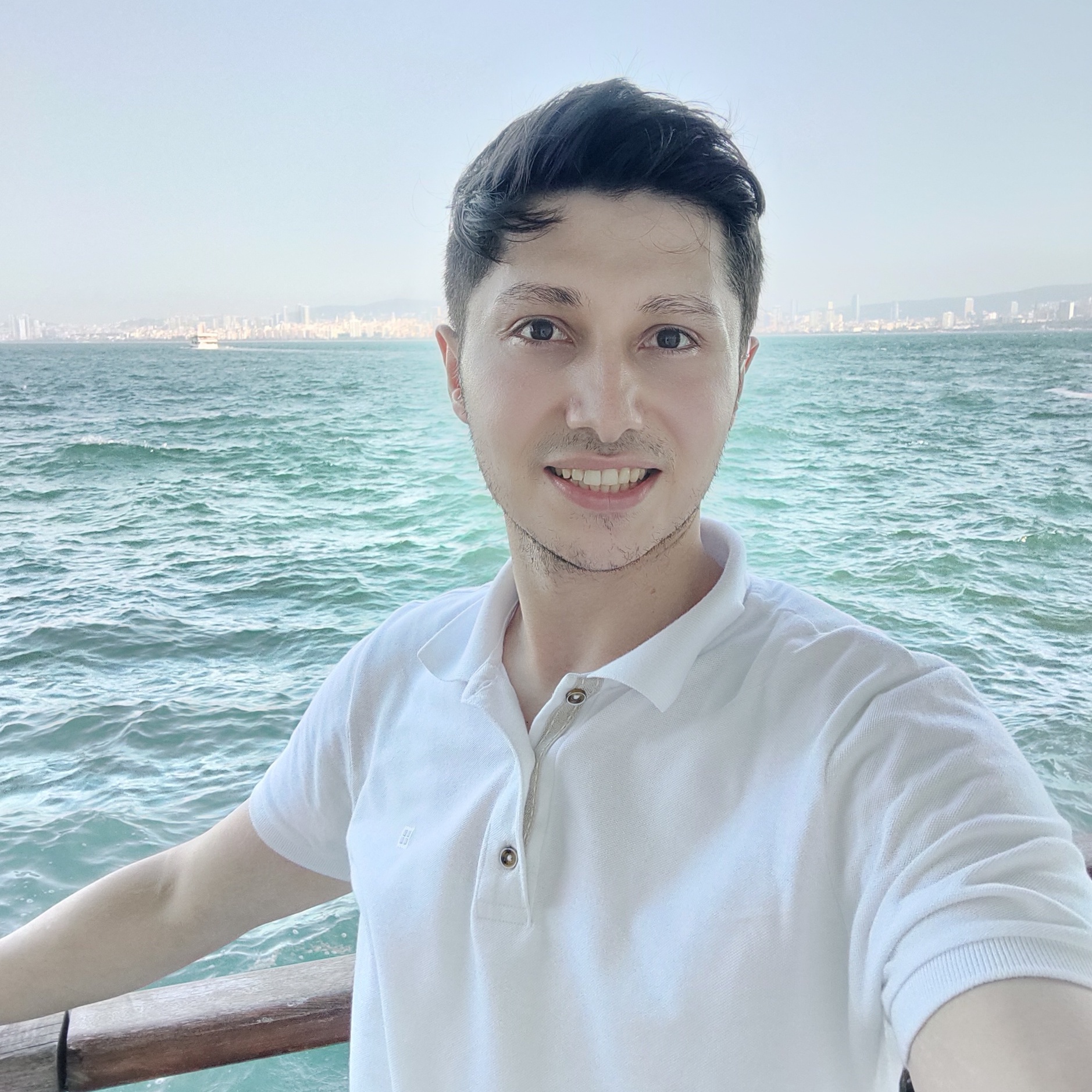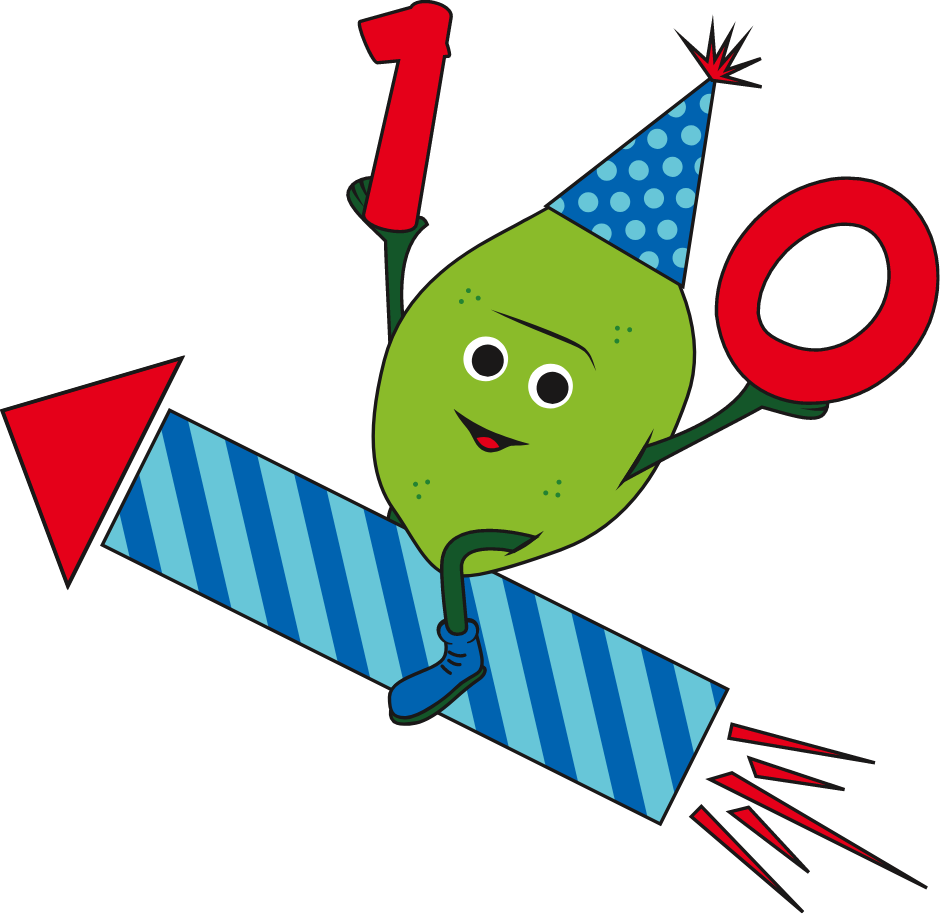LGMD CLINIC STAFF: Rasha El Sherif
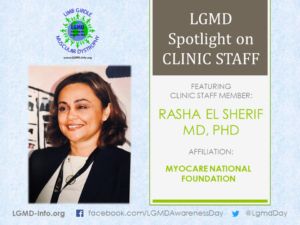
LGMD Clinic Staff: Dr. Rasha El Sherif MD, PHD
Affiliation: Myocare National Foundation
Role or Position: Director
What education and training did you have to arrive at your current position?
I completed my Doctorate degree in Neurology from Ain Shams University Egypt.
I obtained a fellowship in the National Institute of Neuroscience, NCNP in Tokyo, Japan where I completed my doctorate degree thesis in genetic diagnosis of muscle disease
I was trained in NCNP under the supervision of Prof Ikuya Nonaka on the diagnosis and management of muscle disease and.
Moreover, I received my training to work on the registry of NMD in the TREAT-NMD office in Newcastle University.
What led you to follow a career in patient services and clinical care in muscular dystrophy in particular?
The region was short in specialized muscle centers & medical professionals in this field, I believe that every patient has the right to have a definite diagnosis & proper management even if there are no available therapies yet. Having muscular dystrophy doesn’t mean that patients should stay in their homes with no management or care. It was very frustrating to learn that doctors were telling families to give up on their child with muscle disease, to leave them without any proper management or education & to start thinking about having another child! Watching patients suffer of cardiac or respiratory problems as a consequence of the disease, due to a lack of diagnosis & early proper management inspired me to want educate families, raise awareness and provide proper standards of care for patients. Furthermore, finding pharmaceutical companies who were keen to begin clinical trials/natural history studies on patients were reluctant incorporate Egyptian and Arab patients due to the lack of specialized medical care in the region. This all made me more adamant to work in patient services and clinical care in muscular dystrophy.
What areas of clinic support or patient care are you most involved in?
I direct a specialized muscle disease center that diagnoses patients from Egypt, the Arab and African region. I also, perform muscle biopsies, genetic analysis and offer a management plan including; supportive therapy, rehabilitation and semi-annual follow ups for cardiac and respiratory care.
In 2012 I became the coordinator of the Egyptian neuromuscular registry. And In the last 10 years I have led many local awareness convoys to reach patients in remote areas of Egypt.
Furthermore, in 2019 I Founded a muscular dystrophy NGO foundation aiming to support patients with muscle disease, encouraging research on LGMD and establishing a muscle disease biobank. Hopefully, when we have sufficient funds, that in the future it can provide support for all LGMD patients in the region
How does your work help patients? What are you most passionate about and excites you most about the future of LGMD Patient Care?
Diagnosing more than 1000 cases in the last years, as well as, educating patients about their conditions helped change their view of the disease and making them start to manage the complications and looking forward to possible therapies.
LGMD patients need the proper support. We now have a passionate LGMD patient who has graduated medical school and started working with us, the more we diagnose patients with LGMD in our region the more we come to understand the nature of the disease, helping to promote the research in this area. Consanguinity is very popular in our region, thus we see families with more than 30 patients suffering with same mutation, with slightly different phenotypes. And still many patients with no definite diagnosis. In my opinion this specifically needs more research.
What would you like patients and others interested in LGMD to know about NMD clinics who serve LGMD patients?
Diagnosis is a corner stone for better patient care and research. LGMD is a general diagnosis and it is no longer acceptable that patients don’t know what type of LGMD they have. Conditions with no current therapies available, still need management and follow up care. With more resources and funding, we would be able to cover all LGMD patients in the region and help them pursue a better life and promote research for the disease.
What inspires you to continue working in this field?
I am continuously inspired by my patients who are resilient enough to continue their education and pursue their career through all the obstacles in our community. Mothers who carry their teenage children to the clinic for their follow ups regularly. I feel most content when I help patients to get diagnosed and when they finally understand their condition after years of going around to different specialists with no definite diagnosis. Although when I began working in this field 20 years ago patients in my country were very reluctant to reach out for diagnosis or management however, now as new genetic therapies have been approved this is beginning to change v.
WHAT IS ONE UNIQUE FACT ABOUT YOU THAT MANY OTHER PEOPLE DO NOT KNOW?
I was diagnosed with Cancer in 2017, and one of the things that helped me to survive the most and pushed me more and more every day were the messages and prayers I received from my patients, who were asking me to return to the clinic as soon as I can to help them.
How can patients encourage you and help your work?
Patients must understand the importance of proper diagnosis, using the right tools such as; MRI, Muscle Biopsies and genetic analysis to do so. As well as accepting the importance of management such as; rehabilitation, psychological support and follow ups even though there may not be any definitive therapies for specific diseases. Life is worth living and fighting for.

